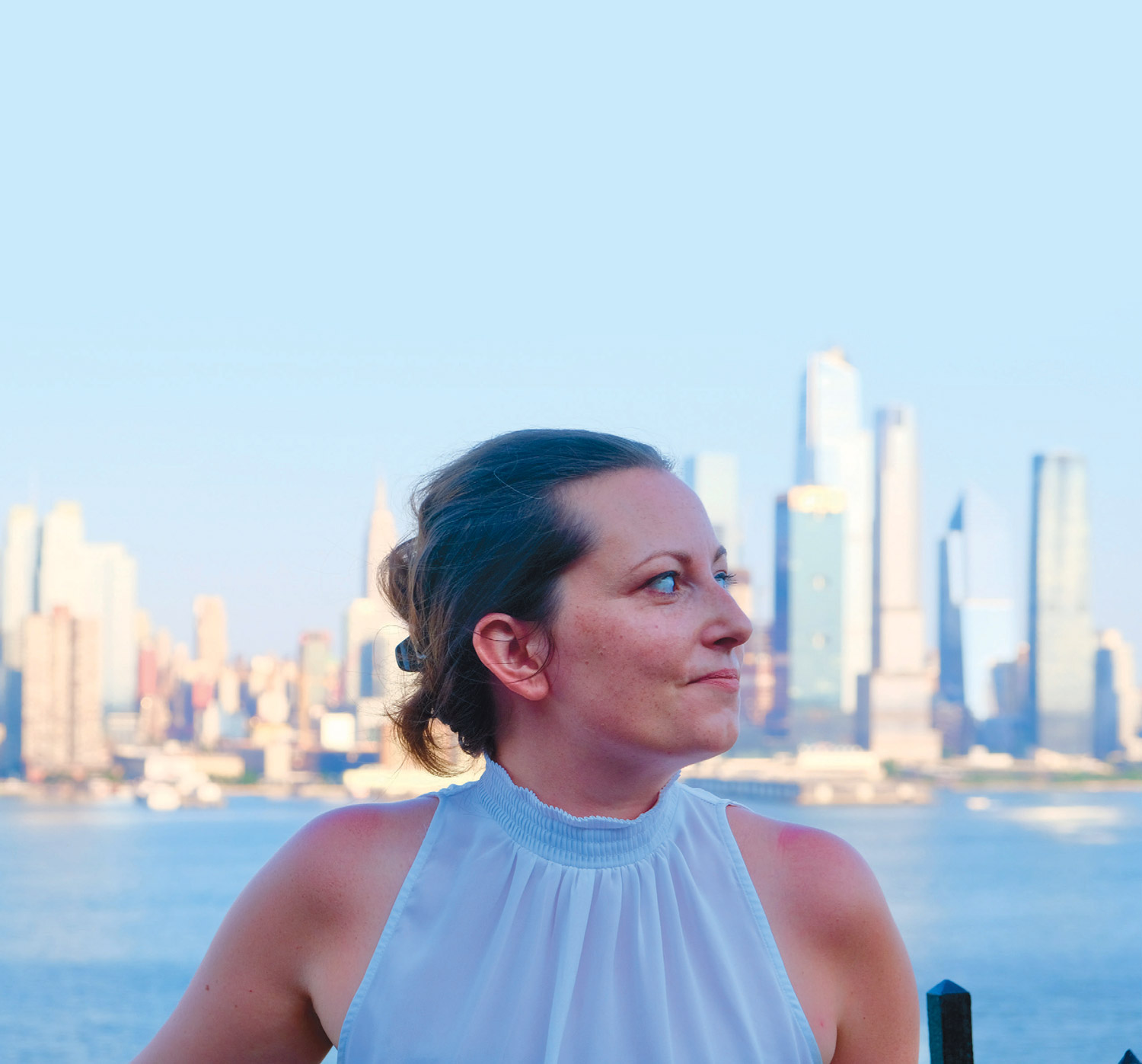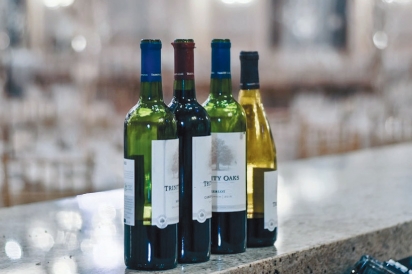Under Pressure: A Sommelier's Road to Recovery
Like clockwork at 3:45pm, 15 minutes before pre-shift for dinner service in Austin, it was time for my daily ritual. I stuffed my pockets with a few mini-bottles of Underberg, a cigarette or two, and made my way back behind the restaurant’s dumpster for some solitude and a hiding place to quickly shoot the digestive bitters and hotbox my cigarette to ease my nerves. There wasn’t a lot to be nervous about before a normal dinner service, but for someone with diagnosed anxiety it had been a long day reworking the wine list, and it would be a long night before I shut the restaurant down.
Once those Underberg wore off mid-shift, it was easy manipulation to keep the buzz going. My bartender allies left a shot of Fernet behind the nearest wine bottle, or if I happened to be tending bar, it was self-designated tequila night, which meant one shot for your drink and one for my inconspicuous glass of ginger beer. Or the staff would get together for a mid-shift “shot.”
Maybe a new job and a new city would fix the despair I felt. The new wine bar I worked with in Houston offered a free “shift drink” at the end of the night. Once that first glass of bubbles had calmed my nerves, I chased it by finishing what was in the happy hour well or by ringing up an $80 tab. I was functioning—quite well, actually. Alcohol was the essence of my life, my education and my burgeoning career. I passed my Certified Sommelier exam with the Court of Master Sommeliers; I was the recipient of the 2016 TexSom award, an Imbibe 75 accolade and an Eater Young Gun award.
I was a woman in the booze business. I tasted wine for a living, was bright and charming for guests and commiserated over whiskeys with cool chefs and bartenders.
I moved again, multiple times, always with the hopes it would scratch the itch. (I learned later this has a name: “pulling a geographic.") When I had an opportunity to pivot, I found a tasting internship at a wine magazine in New York. I was quickly tapped to become their spirits writer, was promoted to associate editor and did work as a wine critic. I had escaped the long hours and stressful shifts but I was still surrounded by alcohol. Daily wine tastings meant opened bottles destined for the drain. Leftover liquor samples lingered on my back shelf. Whenever stress levels eked anywhere past bearable, the coping mechanism that had ingrained itself in me from my 10 years in the hospitality industry was alcohol. It was always accessible and always made it more comfortable.
Happy hour began at 5pm until I realized it could begin at 2pm, then—why not?—at noon. The frequency of my drinking increased to every day and the amount I drank couldn’t be quantified because once I drank the first, the rest became arbitrary and uncountable. I woke up with bruises I didn’t remember getting, unclear whether I had taken an Uber or the bus home, and many mornings I woke up fully clothed. If my husband was gone for the weekend, my solo nights consisted of several bottles of wine plus liquor, usually forgoing dinner. If my husband was home, I woke up promising him I’d take a break from drinking—then I’d start up again when the hangover wore off. I wanted to take a week off, but that seemed impossible. It consumed my life, and questions swirled in my head every day: Do I have a problem? Am I an alcoholic? Why me? Why can’t I drink like a normal person? Is my career over? My livelihood? My passion? Can I still do it?
Then the pandemic hit, and I knew that if I didn’t try to sober up, my other option was indubitable misery, and maybe even worse. After years of therapy, I confided this problem on the couch and was directed to just try a recovery program. So that’s what I did. I learned that yes, I did have a problem and will always have this problem; and no, I couldn’t drink like a “normal” person because I can never have just one. But I now have a clear head, clear enough to be able to choose how to make a living in any space I desire. But not without unwavering support: from a sobriety program, from friends in recovery and from lots of therapy.
In getting sober, I had to accept that I have an anxiety disorder and an alcohol problem— neither of which is my fault. I’ve learned how to say no to what doesn’t feel right, and I’ve learned how to set boundaries. I get better sleep, I’m healthier and my brain isn’t in a constant fog.
I took it one day at a time but I was unwilling to give up a career I had dedicated myself to for 15 years. I know wine and spirits, and I appreciate them as beautiful agricultural products that connect people and bring them together.
Now working in the world of wine magazines, my sobriety has allowed me to be an on-point editor, a more creative thinker and a more detailed writer. I will still taste (usually in the company of someone close to me and in small doses) but I spit rather than swallow— and I’ve come to realize my palate is more on point when I’m not fatigued or wasted. If I was successful in the beverage industry half-wasted, I’m excited to see what I can do with my full wits about me.
I miss it at times, but I’ve learned that going back would cost me my health, my marriage, my life—including a successful career of any kind. I’ll not-drink to that.






